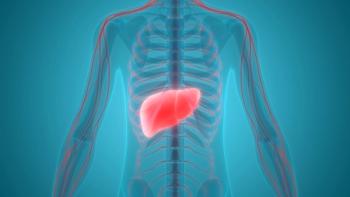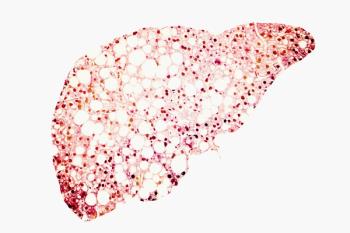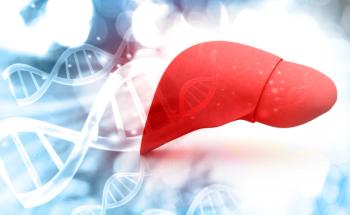
Alcohol Use, Disease-Free Survival Predictors in Patients With Recurrence of Intrahepatic Cholangiocarcinoma
The study from China sought to evaluate clinical factors associated with survival after recurrence following surgery in ICC.
An 8-year study of patients who underwent hepatectomy for intrahepatic cholangiocarcinoma (ICC) found that patients with this disease have a poor prognosis, and that alcohol use and disease-free survival (DFS) of less than 6 months are both risk factors for survival in patients whose cancer returns.
The study from Zhengzhou University sought to identify the clinical characteristics of those patients whose ICC returns following surgery. Authors evaluated prognostic factors and treatment strategies in this hard-to-treat cancer, which has rising incidence worldwide, and a low 5-year survival rate.
The analysis involved 103 patients who received ICC-related hepatectomy; of this group, 54 had postoperative recurrence. Median DFS was 6 months, and median overall survival (OS) was 9 months. The cumulative OS rate at 1 year was 40.7%; at 2 years, 14.8%; and at 3 years, 7.4%.
Investigators found the median OS following recurrence was 4 months. The cumulative OS rates after recurrence at 1 year was 16.1%; at 2 years, 6.7%; and at 3 years, 3.4%.
In evaluating risk factors associated with recurrence, the study found that alcohol consumption was an independent risk factor, with a hazard ratio (HR) of 4.64 (95% CI: 1.53-14.04, P = .007).
DFS of less than 6 months was also an independent risk factor for recurrence (HR = 3.47, 95% CI: 1.59-7.60, P = .002).
Meanwhile, treatment after recurrence was an independent protective factor (HR = 0.21, 95% CI: 0.08-0.55, P = .001). Patients received multimodal therapy for a median of 7 months after recurrence of ICC, much longer than those patients who had only local therapy, which was 3 months; systemic therapy, 4 months; or supportive therapy, 1 month.
The authors defined multimodality therapies as strategies that combine regional therapy, systemic chemotherapy, targeted therapy, and immunotherapy. This method offered the best chance for long-term survival; patients with recurrent ICC who had this type of treatment had significantly better long-term survival after cancer returned (P = .026).
The major limitation of this study is the fact that it is a retrospective study, according to the authors.
Reference
Yuan ZB, Fang HB, Feng QK, Li T, Li J. World J Gastroenterol2022; 28(15):1574-1587. https://dx.doi.org/10.3748/wjg.v28.i15.1574
Newsletter
Stay ahead of policy, cost, and value—subscribe to AJMC for expert insights at the intersection of clinical care and health economics.








